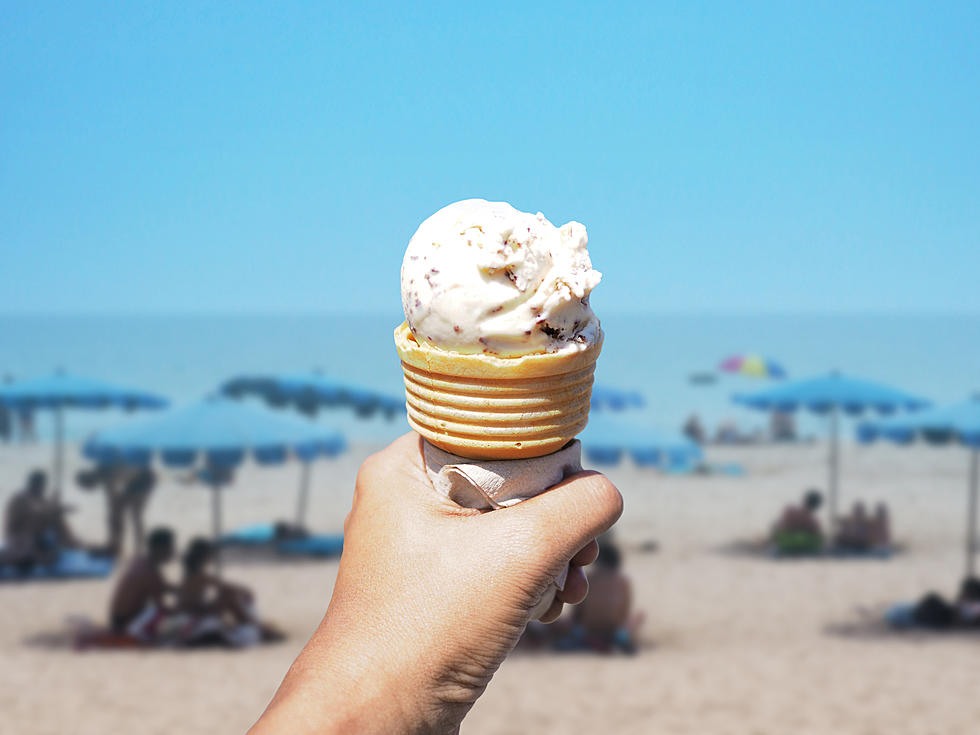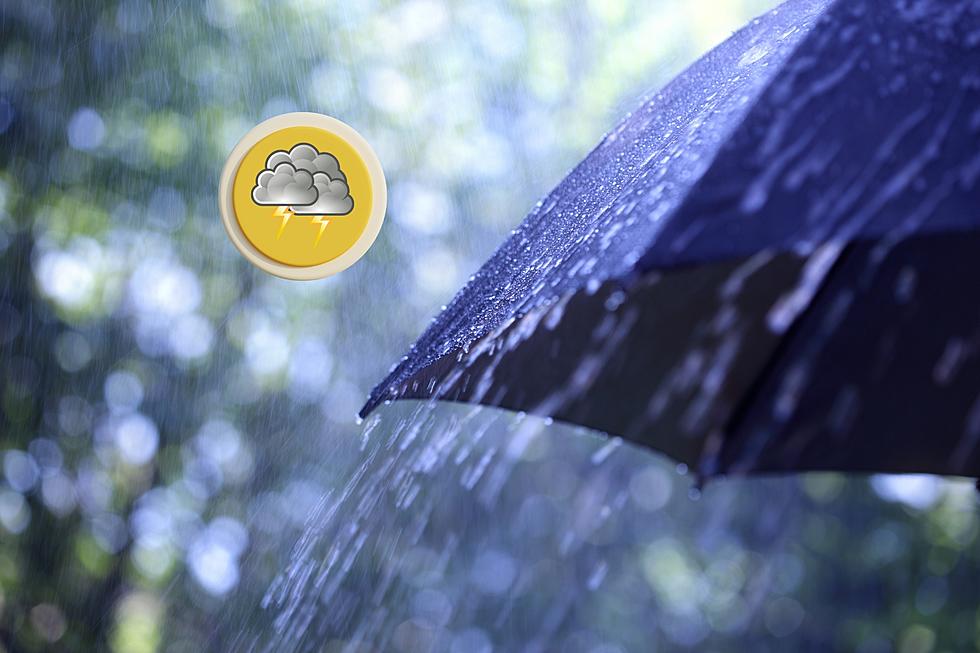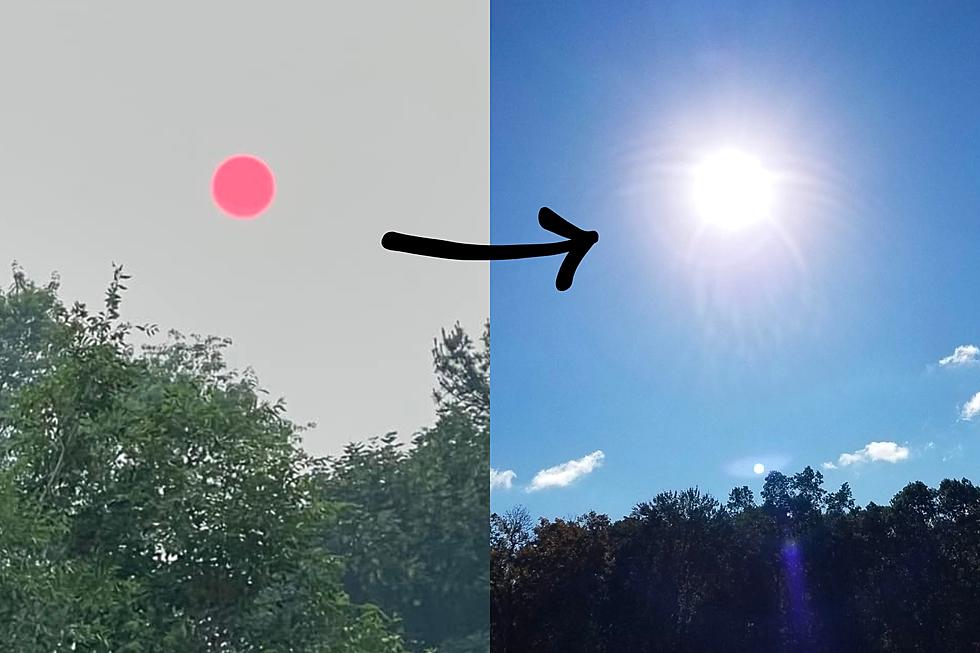
Summer 2020 was nearly the warmest on record in New Jersey
Summer doesn't officially end for another two weeks, but according to weather experts, summer's actually done at the end of August.
Taking a look back at summer 2020 in the Garden State, we see a continuing trend of warmer conditions. It was another season for the record books.
June, July and August — which is considered meteorological summer because they're the three warmest months of the year — combined to create the second warmest summer in New Jersey history, according to records that go back to 1895.
The average of all high and low temperatures for the three-month period came in at 75.4 degrees, according to New Jersey State Climatologist Dave Robinson at Rutgers. Only 2010's summer was warmer, by three-tenths of a degree.
"We didn't have the record-breaking daily maximum temperatures, we just had persistently warm days," Robinson said. "And it didn't cool off at night even more markedly so."
With a statewide average temperature of 78.8 degrees, July 2020 was not only the hottest July on record, but the hottest month ever in New Jersey. New Jersey also experienced its 10th-warmest June and 5th-warmest August, Robinson said.
"A very warm summer — it's something we're kind of getting used to," Robinson said. "The 10 warmest summers on record, going back to 1895, have all occurred since 1999."
Robinson said this is "absolute evidence" that New Jersey's climate is warming.
No drought concerns
Nowhere in New Jersey was deficient of rainfall this summer.
The state averaged 15.92 inches of rainfall from June through August, Robinson said. That's 3.24 inches above average.
"June had us a little worried because June was a little below average in the precipitation department, but we more than made up for that in July and August," Robinson said.
Described by Robinson as "liquid gold" for New Jersey, Tropical Storm Fay made landfall along New Jersey's central coast on July 10 and gave every spot in the state at least a couple inches of rain.
A series of thunderstorms covered the weeks between Fay and the impacts of Isias, which drenched the state and left hundreds of thousands of homes and businesses without power — many for several days.
Since that early August event, multiple instances of drenching localized thunderstorms added to New Jersey's rainfall totals.
The southwest corner of the state saw the greatest amount of precipitation over the summer. A few locations received more than 14 inches of rain in August alone, Robinson said.
Contact reporter Dino Flammia at dino.flammia@townsquaremedia.com

These Beautiful South Jersey Sunsets Will Take Your Breath Away
More From SoJO 104.9 FM










